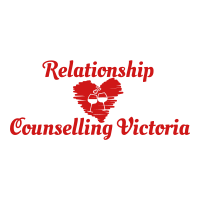Anger Management
I provide anger management counselling sessions for individuals and couples, but not for groups. Most people take 3-8 (average 5) appointments to learn how to manage their behaviour. However, some people need more long term counselling due to past abuse, neglect or trauma.

Do you feel angry most of the time?
Does your anger worry people around you?
Do you feel embarrassed about what you do when you get angry?
Is anger leading to problems at work or with personal relationships and / or work?
Are you hurting those that you love?
Do you ever get violent?
What does Anger Management involve?
- Identify triggers
- Understand emotions underneath (e.g. fear, embarrassment, etc)
- Balance cost and benefits
- Take responsibility for one’s own feelings, instead of blaming
- Change situations that can be changed, accept those that can’t
- Notice early warming signs and stop escalation
Tools for change
Mindfulness
Distraction
Self-soothing
Talking it through
The process of training
People usually come to anger management training when their actions (such as yelling, swearing, put downs) cause emotional or even physical hurt to those that they love. Seeking help is the first step to taking responsibility for one’s own actions, rather than blaming others, such as saying “You make me angry.”
Skill training involves a number to steps, such as recognizing the benefits and cost of getting angry. Once recognized, training starts by noticing the warning signs and identifying triggers.
It then proceeds to learning to tolerate uncomfortable feelings without taking harmful action. This will be coupled with techniques such as mindfulness, ACT, and self-compassion training. Additionally, understanding one’s own personal history and upbringing provides further insight into one’s own mind. This will help to make different decisions in situations that previously triggered bouts of anger and aggression.
In these training sessions Thomas rehearses situations that previously triggered angry responses, initially with imaginary situations, later possibly with people who did trigger as part of relationship counselling
For more information about anger management click here to get to the anger web page of the American Psychological Association

